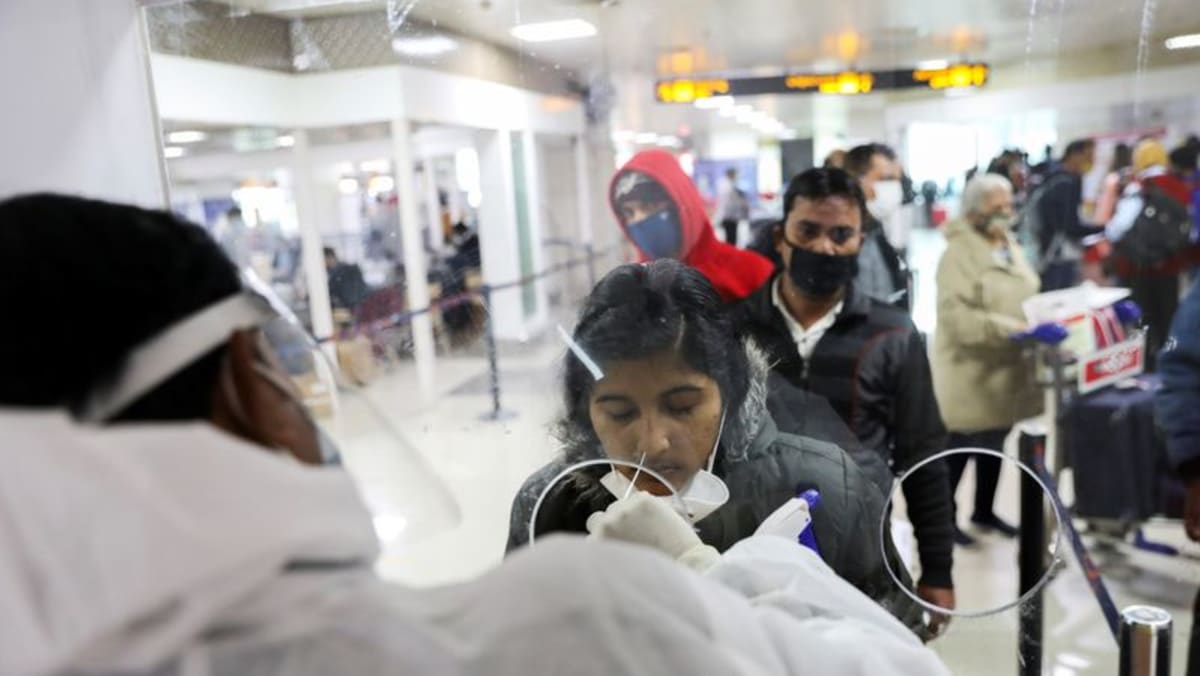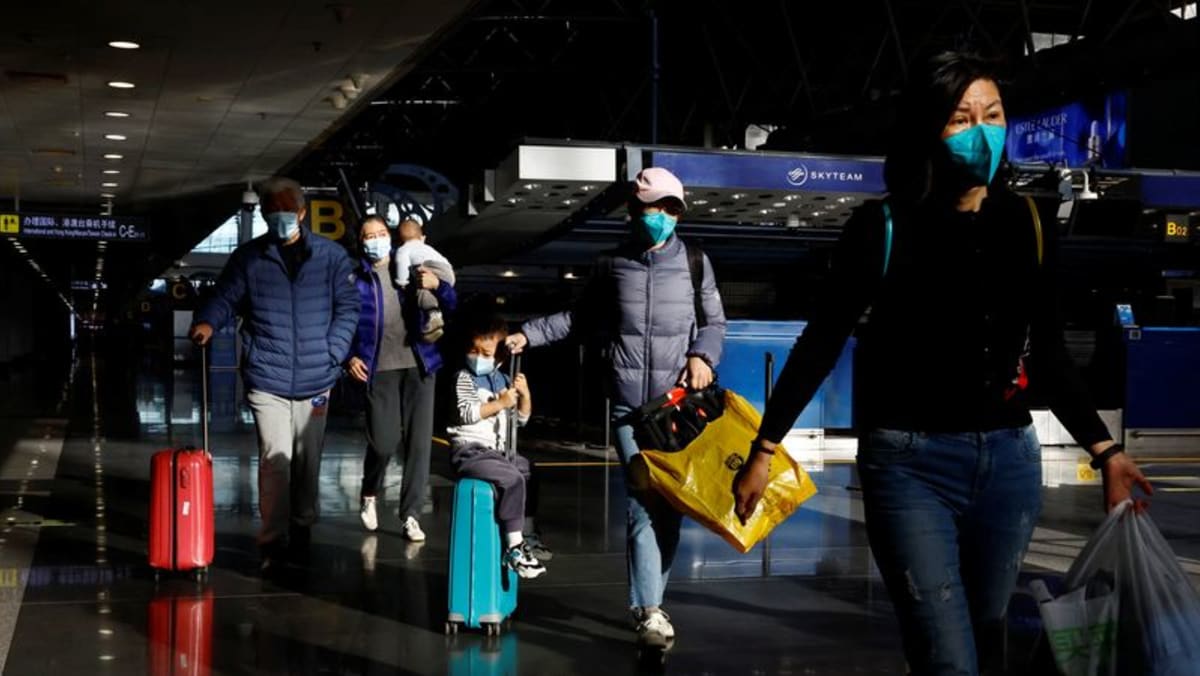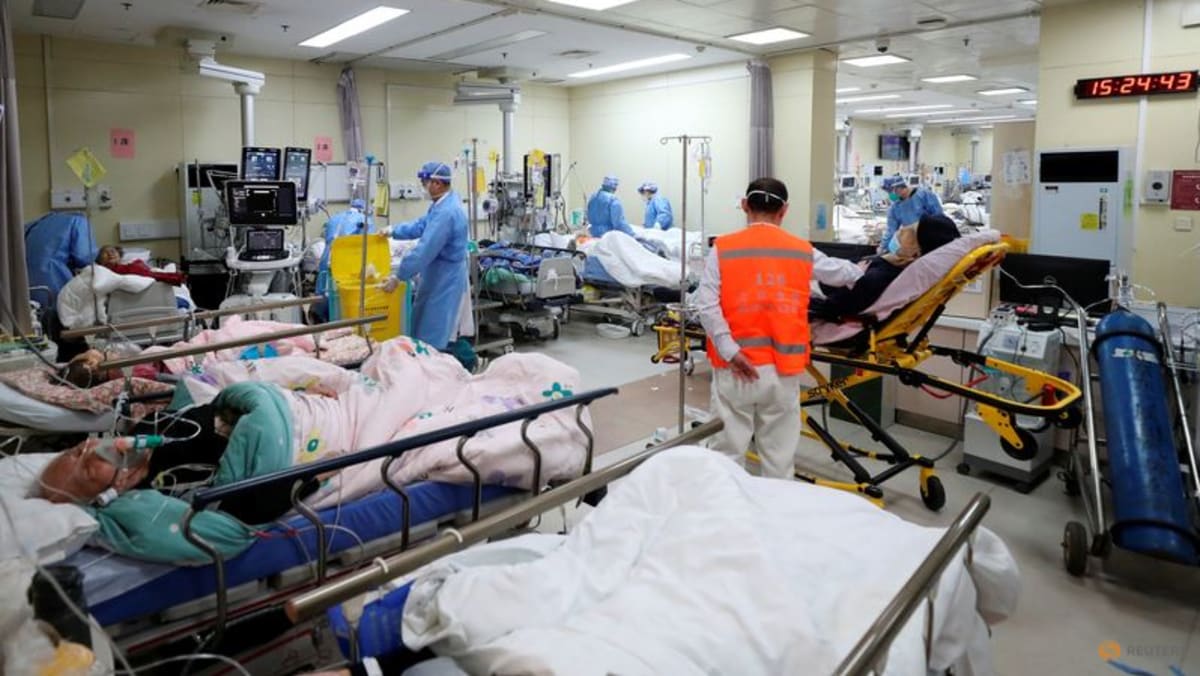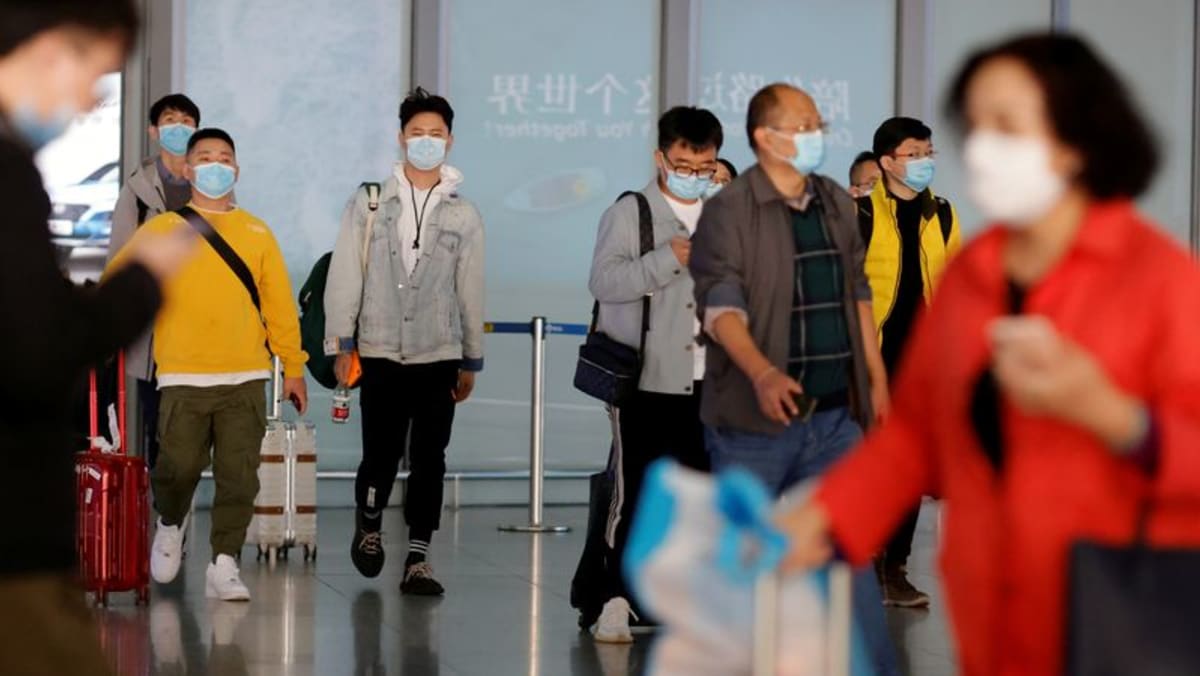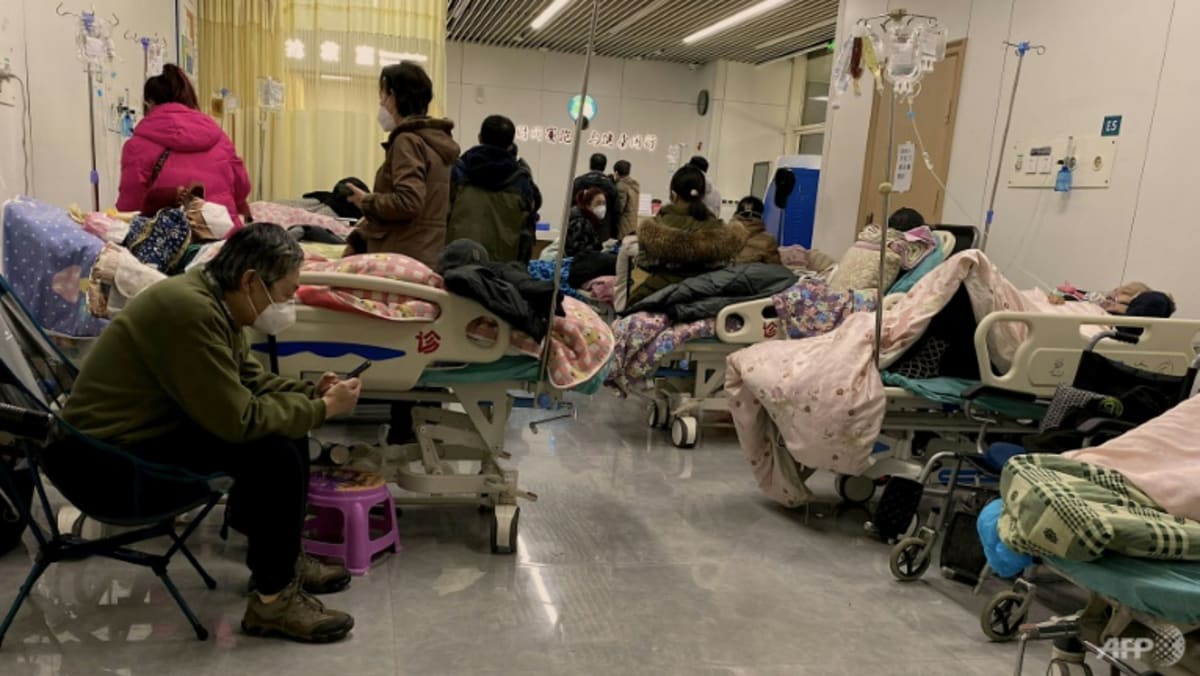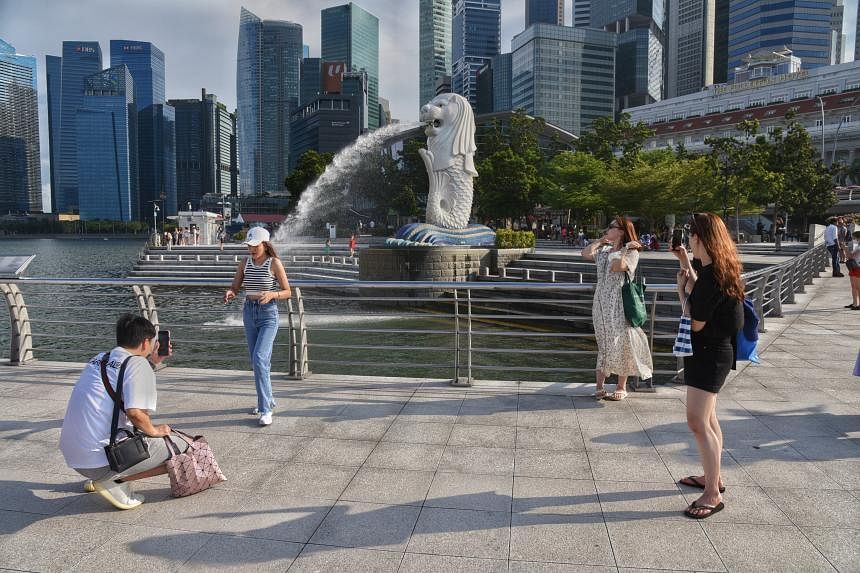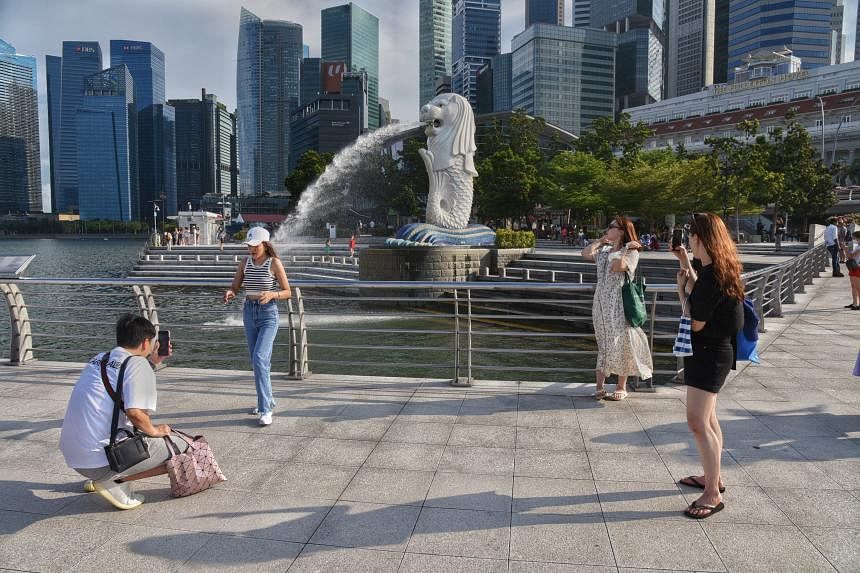SINGAPORE - Singapore will keep its prevailing Covid-19 rules in place for incoming travellers from China, which plans to reopen its borders from Jan 8, 2023.
Travellers who are not fully vaccinated, based on the World Health Organisation’s definition, will need to undergo pre-departure tests before they can enter the Republic, said Singapore’s Ministry of Health (MOH) on Wednesday in response to media queries.
Short-term visitors are also required to purchase insurance for Covid-19-related medical expenses.
The prevailing border measures and vaccination requirements for travellers and work pass holders arriving from China remain unchanged.
MOH said it is closely monitoring the international Covid-19 situation and will adjust its border health measures, should the need arise.
This comes as other countries are implementing or considering measures to test or restrict travellers from China, as the country abandons its zero-Covid policy and reopens borders.
For instance, the United States is considering new coronavirus precautions for people travelling from China. Japan, too, moved quickly, requiring negative Covid-19 test results upon arrival for visitors who have been in mainland China within a seven-day period, while those who test positive will have to quarantine for a week.
The Philippines and Italy joined the call for Covid-19 measures, including testing for inbound travellers from China. Taiwan may also adjust its measures, such as testing, as it anticipates tens of thousands of people returning from the Chinese mainland for Chinese New Year in January. While Taiwan currently does not allow mainland Chinese tourists to enter, many Taiwanese work and invest in the mainland.
These concerns come amid uncertainty over the true scale of China’s Covid-19 infections, as the lack of reliable official figures is fuelling concern that the rapid spread of the virus could lead to the emergence of new variants.
China is experiencing the world’s largest Covid-19 outbreak, raising concerns among public health officials worldwide. Almost 37 million people may have been infected with the virus on a single day last week, according to estimates from the government’s top health authority.
Holiday bookings for outbound flights from mainland China jumped 254 per cent on Tuesday morning from the day before, according to Trip.com Group data, underscoring how the country’s vast population is ready and hungry for travel.
The top five destinations that saw a spike in interest from China were Singapore, with a 600 per cent increase in bookings, followed by about 400 per cent for South Korea, Hong Kong, Japan and Thailand.
China currently imposes restrictions on outbound travel, as one needs valid reasons, such as education and business, to leave the country.
Adblock test (Why?)
https://news.google.com/__i/rss/rd/articles/CBMia2h0dHBzOi8vd3d3LnN0cmFpdHN0aW1lcy5jb20vc2luZ2Fwb3JlL25vLWNoYW5nZS1pbi1zaW5nYXBvcmUtcy1jb3ZpZC0xOS1tZWFzdXJlcy1mb3ItdHJhdmVsbGVycy1mcm9tLWNoaW5h0gEA?oc=5
2022-12-28 15:40:33Z
1709216377
